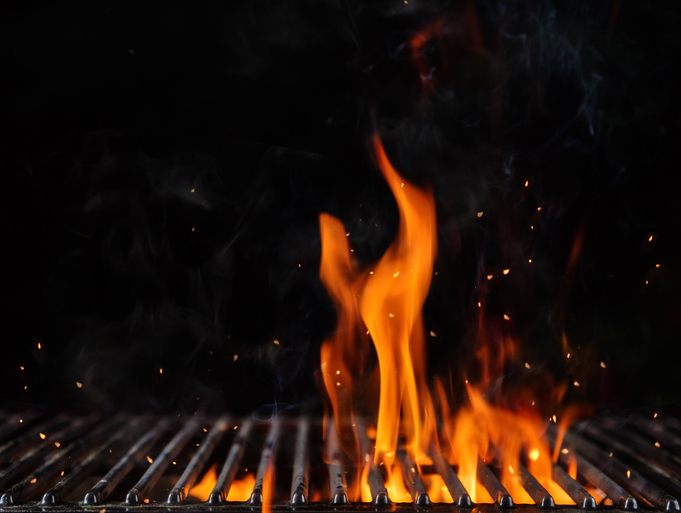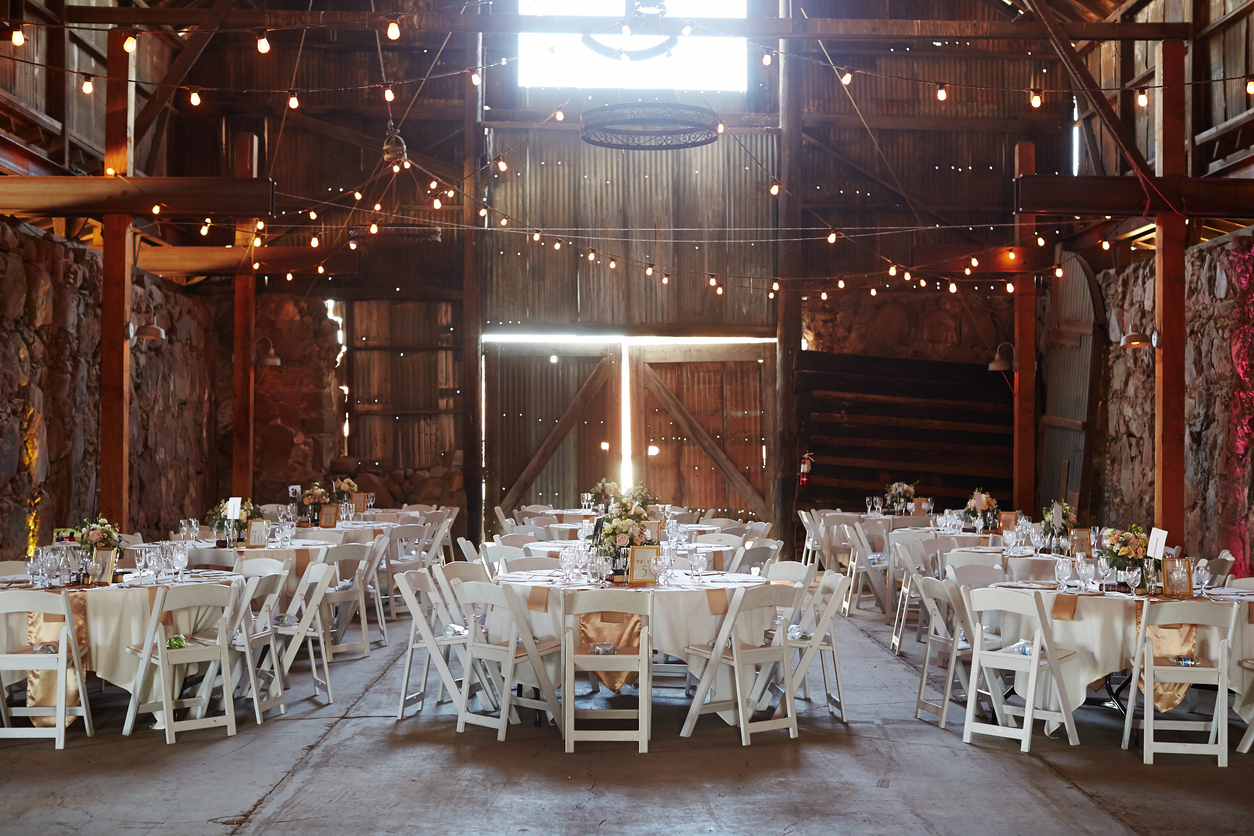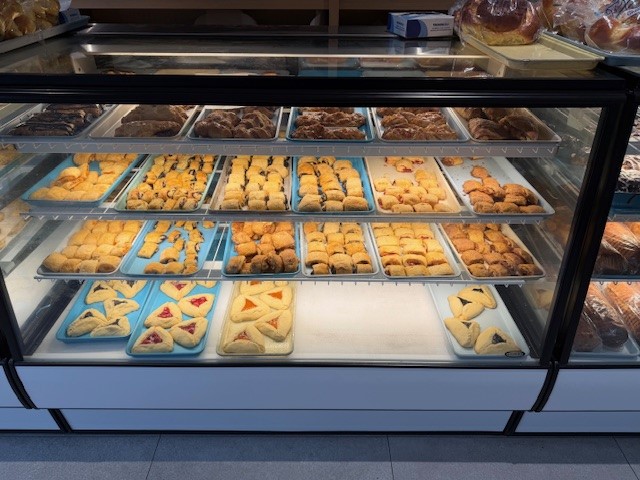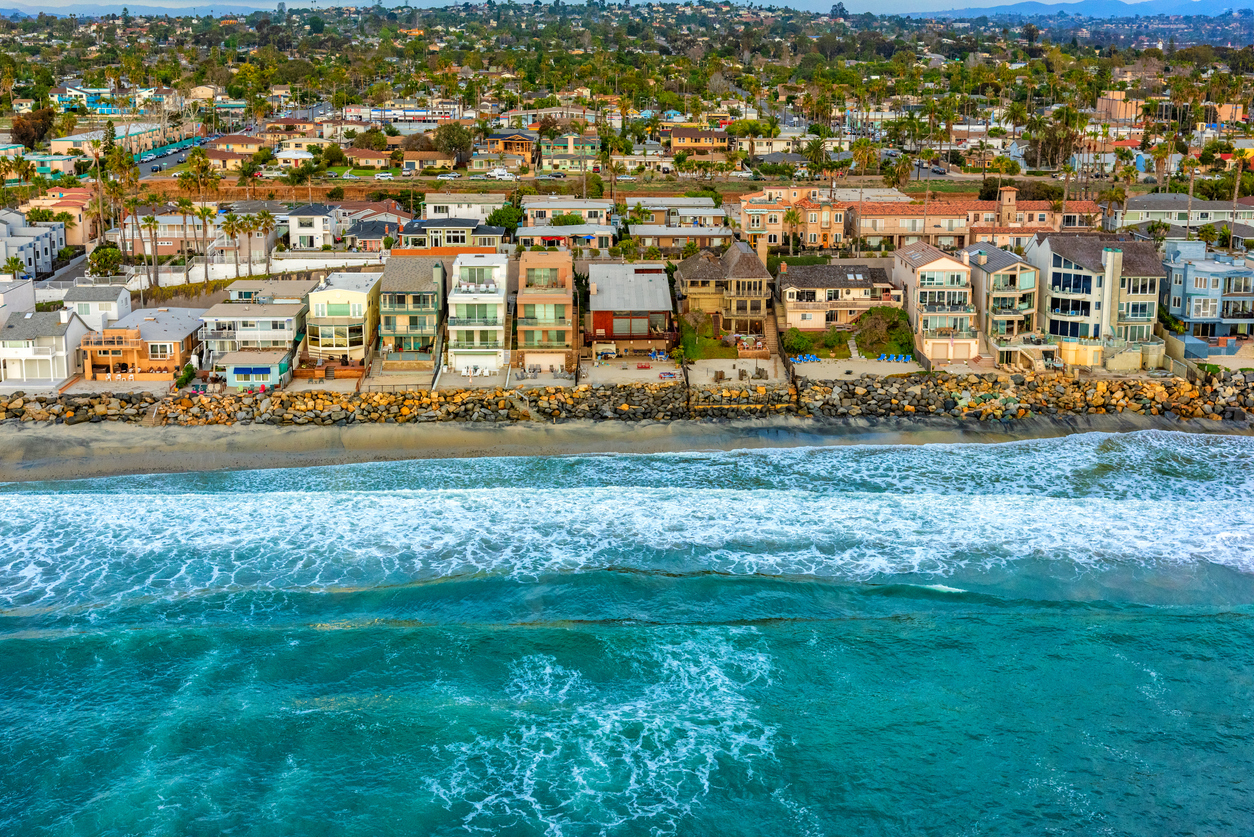Does your town have a favorite pizza joint? Mine does. Let’s call it Joe’s Pizza. It’s a small, family-run operation that has been a valued local business for generations.
Joe’s business has been in the same downtown location for 30 years. He and his wife Maria run the show, and have 6 or 7 hourly-wage employees; several of them have been on staff for more than a decade.
Joe doesn’t own the building. He has a long-standing lease with the building’s owner, who values Joe as a tenant. This landlord keeps the rent at a relatively low rate despite a growing demand for retail space in this increasingly popular commercial district.
But what if Joe’s business experiences a catastrophic event? As a business owner, it’s not enough for Joe to be really good at making pizzas. To protect against catastrophe and ensure the ongoing viability of his operation, he also must be knowledgeable about other areas of business, such as insurance. Knowledge and skill in this will determine his ability to recover from a big loss.
Suppose that, one day, Joe’s shop has a fire. He’s not at fault, fortunately – his specialty pizza oven malfunctioned somehow. This technical equipment glitch somehow sparked an after-hours blaze that ruined Joe’s entire pizza shop and caused serious structural damage to the building.
In the immediate aftermath of the fire, Joe and the landlord (the owner of the building) express to each other their mutual desire to rebuild and reopen Joe’s Pizza shop on the same site. Joe dutifully contacts his insurance agent to commence the claims process, and the landlord does the same.
This is where Joe’s story can go one of two ways. If Joe has the right insurance coverage, he will be reimbursed for all the improvements he’s made, be able to replace all the sophisticated equipment his business requires to operate, and continue payroll for all employees throughout the rebuilding process. If he doesn’t have enough coverage, Joe will face a series of challenges that could force him to relocate or shut down the business altogether.
Which way would your business go?
Like many small business owners, Joe likely opted for a Business Owners Policy (BOP) for his insurance coverage. This is a sound selection because it gives owners like Joe basically everything they need without having to shop around for more complex Commercial Policy (CP) packages, which require insureds to select exactly what they need.
Whether it’s a BOP or a CP, there are certain key endorsements that small business owners like Joe should be sure to carry in their policy. Purchasing the right type and level of protection will make the difference as to whether someone like Joe will reopen their business or be forced to close it for good.
If you’re a small business owner, the bullets below summarize the key points you should keep in mind when selecting insurance for your operation. In Part II of this two-part blog post, we will elaborate on each of these four points and provide details on items to inform your decision-making.
-
Buy enough ‘Personal Property’ coverage.
-
Extend the ‘Period of Time’ for however long you will need.
-
Bolster your ‘Payroll’ coverage.
-
Buy ‘Extra Expense’ coverage.
Taking advantage of these tips all starts with having a plan in place to recover as quickly as possible from any loss that might befall your business. If you’re a tenant, it’s especially important to review your coverage as you are at the mercy of your landlord. It could take years to recover from a fire – so be sure to select coverage that carries you beyond 12 months. Businesses that have poor coverage often don’t even know it until it’s too late. In a case like Joe’s Pizza – and, possibly, in your own – asking the right questions in advance and buying the right coverage can make all the difference between reviving the business and closing up shop for good.




